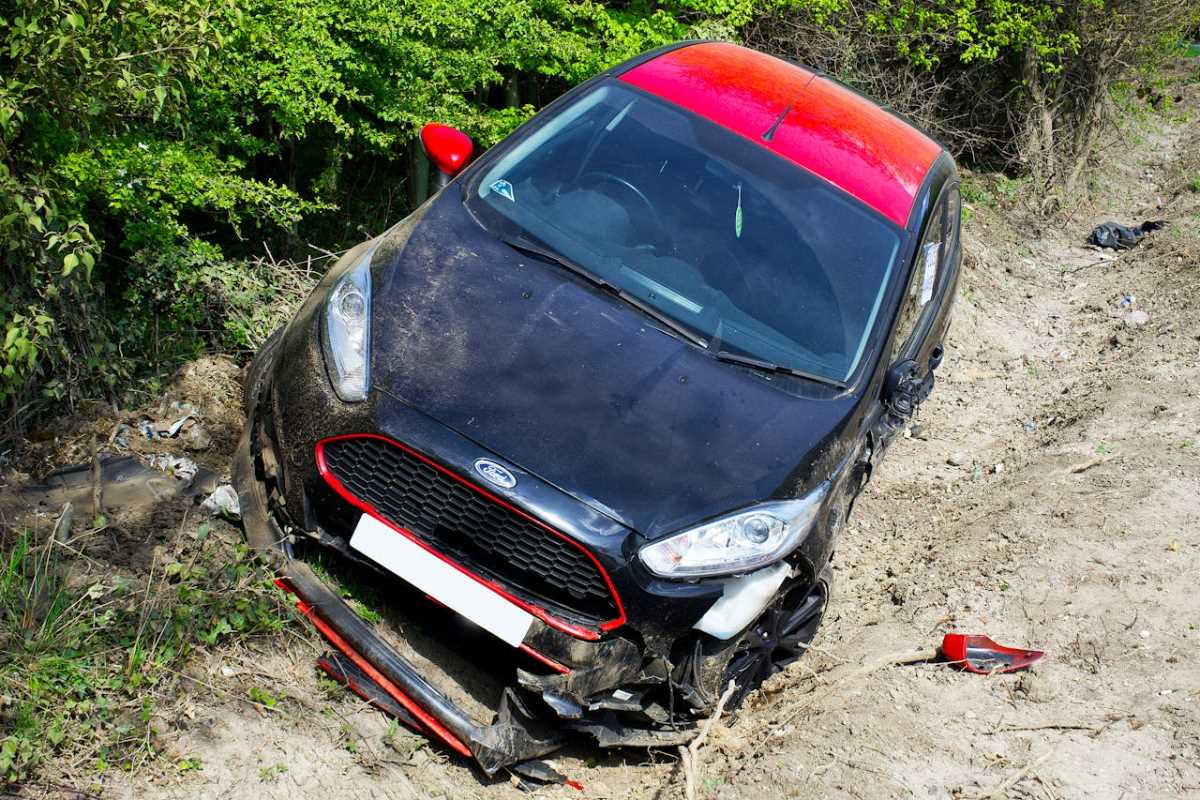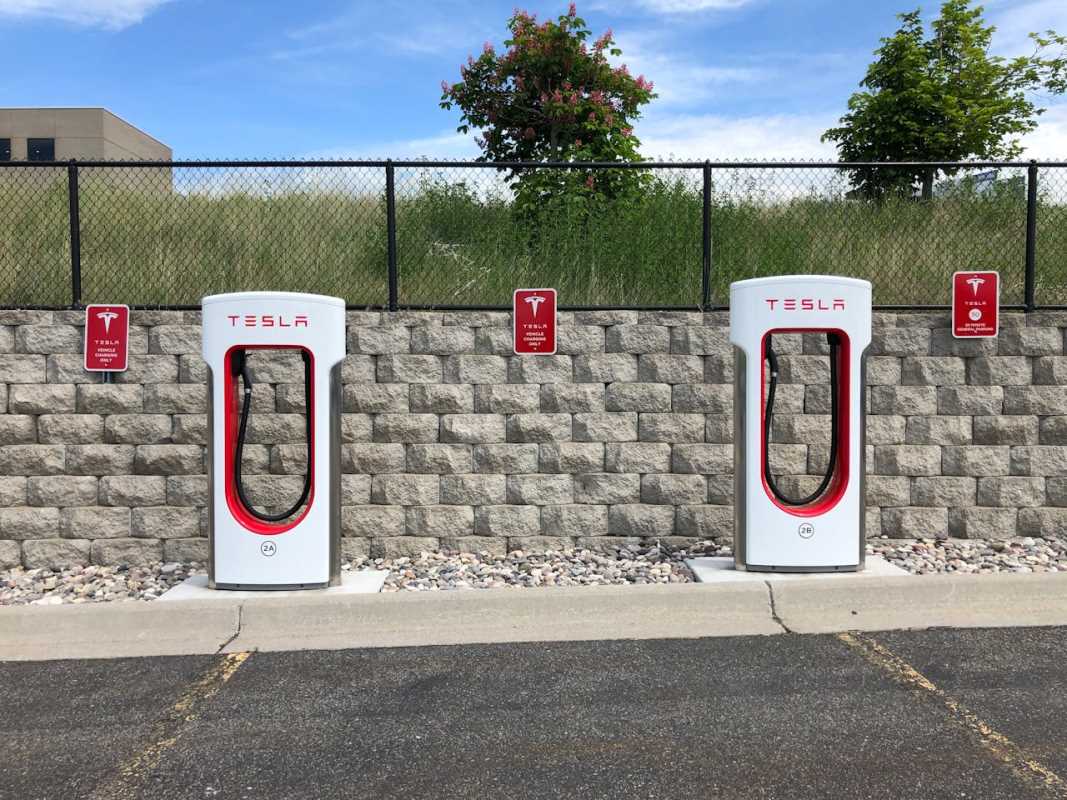You pay your car insurance premium diligently, knowing it’s there to protect you from the unexpected. So, it can be confusing and frustrating to see your rate go up after filing a claim for something that wasn’t even an accident, like a cracked windshield or hail damage. You followed the rules and used your coverage as intended, so why are you being asked to pay more? We’ve got you covered with a clear explanation. Understanding the reasons behind these increases can help you feel more in control of your policy. This guide will walk you through why your premium might jump after a non-accident claim and what you can do about it.
Understanding Non-Accident Claims
First, let's clarify what a non-accident claim is. These claims fall under your comprehensive coverage, which is the part of your policy that handles damage not caused by a collision. Think of it as protection against a wide range of unfortunate events.
Common examples of comprehensive claims include:
- Theft or vandalism of your vehicle.
- Damage from a fire, flood, or hailstorm.
- A tree branch or other object falling on your car.
- Cracked or shattered glass (like a windshield).
- Hitting an animal, such as a deer.
These incidents are generally considered outside of your control. They don’t reflect on your driving skills, so they don’t have the same impact as an at-fault accident claim. Still, they can sometimes trigger a premium increase, and we're here to help you understand why.
Why Would My Premium Increase?
Filing a comprehensive claim doesn't automatically mean your rates will go up, but it can happen for a few key reasons. Insurance is all about balancing risk, and even non-accident claims can shift that balance.
Multiple Claims in a Short Period
One of the biggest red flags for an insurer is a history of frequent claims. Let's say you filed a claim for a cracked windshield six months ago, and now you’re filing another one for hail damage. Even though neither incident was your fault, a pattern of claims suggests that you are more likely to file another one in the future.
Insurers see this frequency as an increase in your overall risk profile. From their perspective, a customer who files multiple claims, regardless of fault, costs more to insure over time. To offset this higher anticipated cost, they may raise your premium at your next policy renewal. It’s not a penalty for a specific incident but a recalculation based on your claims history.
Loss of a Claims-Free Discount
Many insurance companies reward customers for their loyalty and good fortune with a "claims-free" or "loss-free" discount. This is a reduction in your premium that you earn by not filing any claims for a certain period, often three to five years. It’s a way for us to thank you for being a low-risk customer.
Filing any type of claim, including a comprehensive one, can cause you to lose this valuable discount. The result is not technically a rate increase or a surcharge, but your total premium will go up because the discount is no longer being applied. This can feel like a penalty, but it's really just the removal of a reward you previously qualified for. The good news is you can usually start earning it back by staying claims-free in the future.
General Rate Adjustments in Your Area
Sometimes, a premium increase has nothing to do with you personally. It might just be bad timing. Insurance companies regularly re-evaluate their rates for entire regions based on local trends. If your state or even just your zip code has experienced a recent surge in comprehensive claims, everyone’s rates could go up.
For example, a severe hailstorm that damages thousands of cars in your city will lead to a massive number of claims. An increase in local vehicle thefts or vandalism would have a similar effect. To cover these widespread losses and prepare for future risk, the insurer might implement a general rate increase for all policyholders in that affected area. Your own claim is just one small part of a much larger picture.
The Severity of the Claim
While most comprehensive claims are for minor issues, some can be for very expensive damage. A car submerged in a flood or totaled by a fire represents a significant financial loss for the insurance company. A single, very large claim can sometimes trigger a review of your policy and risk profile.
An insurer might see a major comprehensive claim as a sign of increased risk, even if it was a fluke event. This is less common than increases due to claim frequency, but it can happen. The insurer is essentially adjusting your rate to reflect the potential for another high-cost event.
What You Can Do About a Rate Increase
Seeing your premium go up is never fun, but you have options. Taking a proactive approach can help you manage your costs and feel more empowered.
Talk to Your Agent
Your first step should always be to connect with your insurance agent. They can give you a specific explanation for the change in your premium. Was it because you lost a discount? Was there a general rate adjustment in your area? Your agent has the answers and can walk you through the details of your policy renewal. This conversation is the key to understanding your situation fully.
Review Your Coverage and Deductibles
A premium increase is a perfect opportunity to review your policy. One of the simplest ways to lower your premium is by raising your deductible. Your deductible is the amount you pay out of pocket before your insurance kicks in. Increasing it from $500 to $1,000, for example, will reduce your premium. Just be sure you choose a deductible you can comfortably afford if you need to make a claim.
Shop for New Quotes
Insurance is a competitive market. If you’re not satisfied with your new premium, it never hurts to see what other companies can offer. Get quotes from several different insurers for the same level of coverage you currently have. You might find that another provider weighs comprehensive claims less heavily or simply offers a better rate for your specific profile. Shopping around gives you the power to choose what's best for your budget.
Ask About Other Discounts
You might be missing out on savings. Talk to your agent about any other discounts you might qualify for. These could include discounts for:
- Bundling your auto and home or renters insurance.
- Installing an anti-theft device in your vehicle.
- Completing a defensive driving course.
- Being a good student or a member of certain professional organizations.
Every little bit of savings adds up, so it's always worth asking.
 (Image via
(Image via





